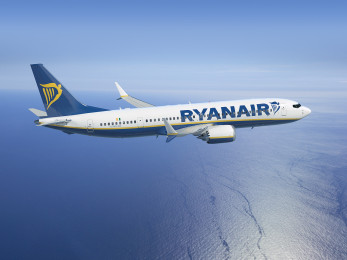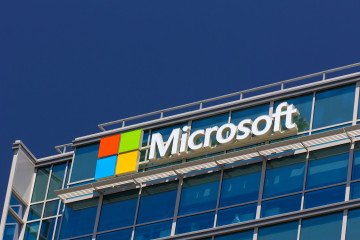 Software King of the World is feeling a bit short in the money department and thinks that the best way to remedy this is to jack up its prices on a range of on-premise and cloud products in October, the vendor has confirmed in a blog post.
Software King of the World is feeling a bit short in the money department and thinks that the best way to remedy this is to jack up its prices on a range of on-premise and cloud products in October, the vendor has confirmed in a blog post.
The changes include a 10 percent increase in Office 2019 commercial prices, while the price of Windows 10 Enterprise will also be raised.
Microsoft said the changes will be implemented in October, with a preview set to be available in September.
Writing in his bog, a SpokesVole said: “On 1 October 2018, we will adjust pricing for our licensing programmes and make price adjustments to on-premise and cloud products.
“These changes will highlight the benefits of our pricing for a cloud-first world, help us move from a programme-centric to a customer-centric pricing structure, and create more consistency and transparency across our purchasing channels.”
It appears that the changes will simplify Microsoft’s licensing offering but on the downside prices will rise with Voles Cloud Solutions Provider (CSP) partners may be the most affected.


















